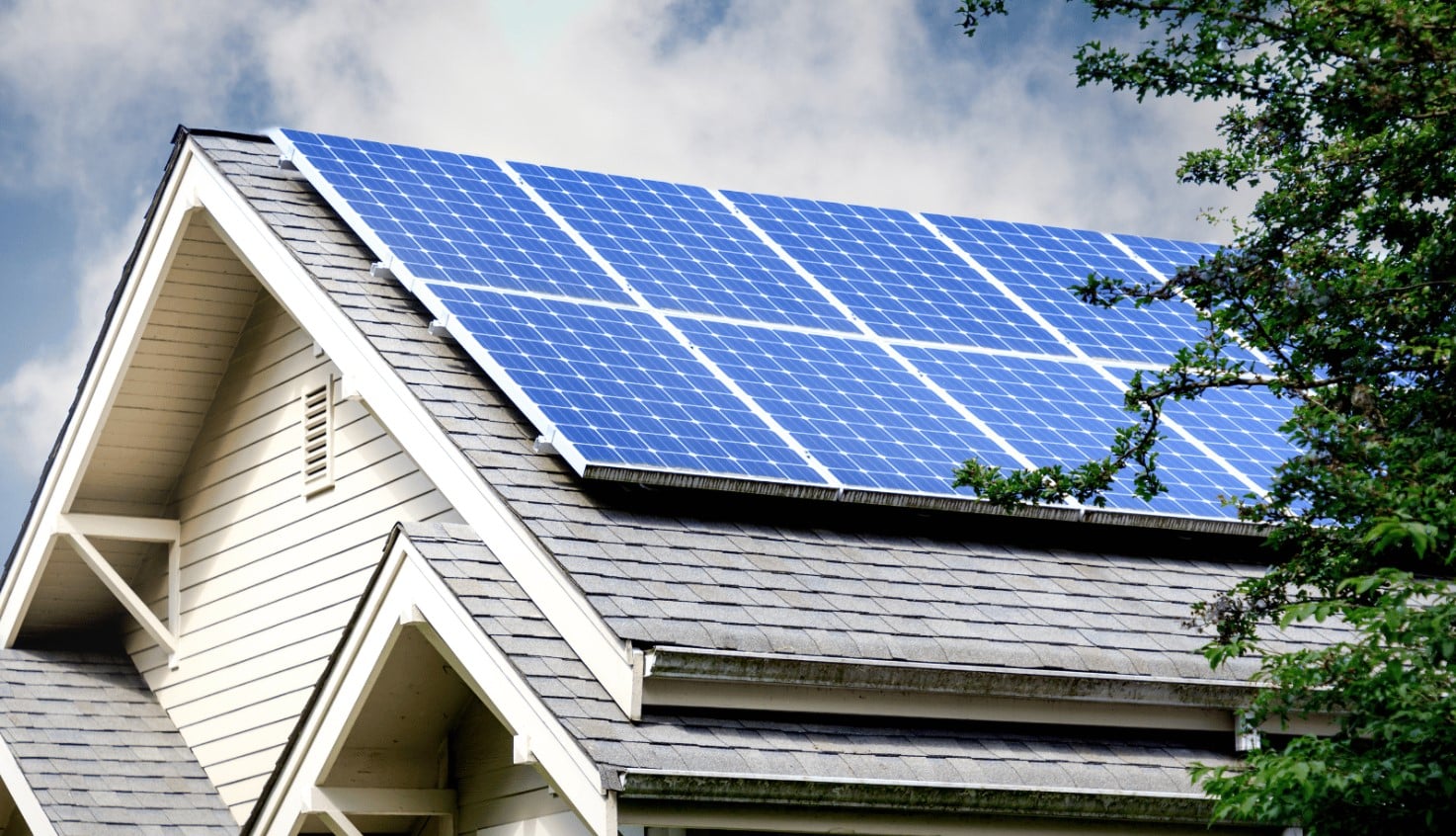Photovoltaic PV systems, leveraging solar energy, have emerged as potent tools for rural electrification, offering reliable and clean energy solutions. This essay explores the multifaceted benefits of PV systems in fostering rural electrification, ranging from economic empowerment to environmental sustainability.
Economic Empowerment:
PV systems revolutionize the economic landscape of rural areas by catalyzing entrepreneurship and productivity. With access to electricity, rural communities can establish small-scale businesses such as cold storage facilities, water purification units, and agro-processing plants. These ventures not only generate income but also create employment opportunities, thereby stimulating local economies and reducing poverty levels.
Enhanced Education and Healthcare:
Electricity from sisteme fotovoltaice facilitates access to quality education and healthcare services in rural areas. Well-lit classrooms equipped with modern teaching aids improve learning outcomes, while electrified healthcare centers can offer lifesaving medical equipment and refrigeration for vaccines and medicines. As a result, PV systems contribute to narrowing the urban-rural divide in essential services, ultimately improving the overall well-being of rural inhabitants.
Social Inclusion and Community Development:
By bringing electricity to remote areas, PV systems foster social inclusion and community development. Access to electricity enables rural communities to connect with the outside world through communication technologies, enhancing social cohesion and cultural exchange. Moreover, electrification facilitates the adoption of modern amenities like street lighting and clean cooking solutions, making rural areas safer and more habitable, especially for women and children.

Environmental Sustainability:
One of the most compelling advantages of PV systems for rural electrification is their contribution to environmental sustainability. Unlike conventional energy sources like fossil fuels, solar power is abundant, renewable, and emits zero greenhouse gases during operation. By harnessing solar energy, rural communities can reduce their carbon footprint and mitigate the adverse effects of climate change, thereby preserving natural ecosystems for future generations.
Resilience and Energy Security:
PV systems offer rural communities resilience against energy crises and grid outages. Often located in remote areas with unreliable grid connections, these communities are vulnerable to disruptions in centralized power supply. By deploying PV systems coupled with energy storage solutions, such as batteries, rural areas can ensure a reliable and uninterrupted electricity supply, enhancing their resilience to natural disasters and other emergencies. By providing clean, reliable, and decentralized energy solutions, PV systems empower rural communities to unlock their full potential, bridging the gap between urban and rural development. As governments and organizations continue to prioritize sustainable energy initiatives, the widespread adoption of PV systems holds the promise of a brighter, more inclusive future for rural populations worldwide.
